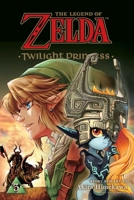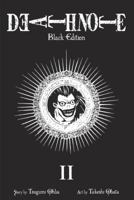Who Has Seen the Wind
Select Format
Select Condition 
Book Overview
When W.O. Mitchell died in February of 1998, millions mourned his passing. Our loss was the lead item on the national news, many newspaper obituaries ran for a full page, and as an extraordinary mark of respect, flags outside government offices across the land flew at half-mast. The man they mourned - and everyone in the Canadian book world whose life he had touched was personally saddened - was known above all as the author of Who Has Seen the Wind. And this edition - containing the full text - marrying W.O. Mitchell's text with the art of William Kurelek, has established itself as a classic. Since its publication in 1947, Who Has Seen the Wind has established itself in the hearts and minds of millions as a Canadian classic. The reasons for the book's classic status are not hard to find. As readers enter the world of four-year-old Brian O'Connal and his family and friends, they find characters that radiate life so convincingly that the book has a life of its own. No ordinary simple novel, it is the ageless story of childhood told with tenderness and humour and without sentimentality, and the picture of a small town anywhere, drawn with realism and understanding. This handsome edition marries W.O. Michell's prose with the inspired illustrations of one of Canada's finest and most popular artists, the late William Kurelek. The 8 full-colour paintings he produced, like the 32 black-and-white sketches that adorn the first page of every chapter, all come specifically from the text, and are illustrations in the very best sense. This edition is a collector's piece, a beautiful book that is also a joy to read, again and again.
Format:Hardcover
Language:English
ISBN:0312878257
ISBN13:9780312878252
Release Date:March 2001
Publisher:Tor Books
Length:512 Pages
Weight:1.74 lbs.
Dimensions:1.5" x 6.4" x 9.6"
Related Subjects
Betrayal Freedom Hopelessness Nazism Politics Resistance Movements Survival Resistance Fantasy Fantasy EpicsYou Might Also Enjoy
Customer Reviews
5 customer ratings | 5 reviews
There are currently no reviews. Be the first to review this work.














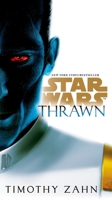

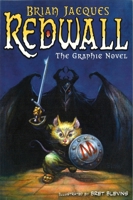
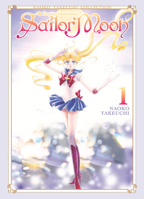
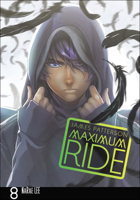


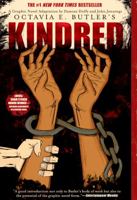
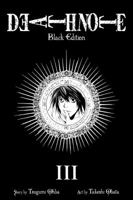

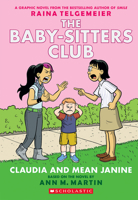
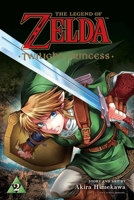
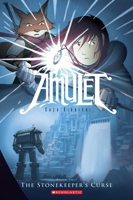

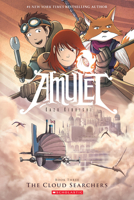
![ハイキュー!! 3 [Haikyū!! 3]](https://i.thriftbooks.com/api/imagehandler/s/1A64490422A4DFC963158E6898EA642511C92FB9.jpeg)
